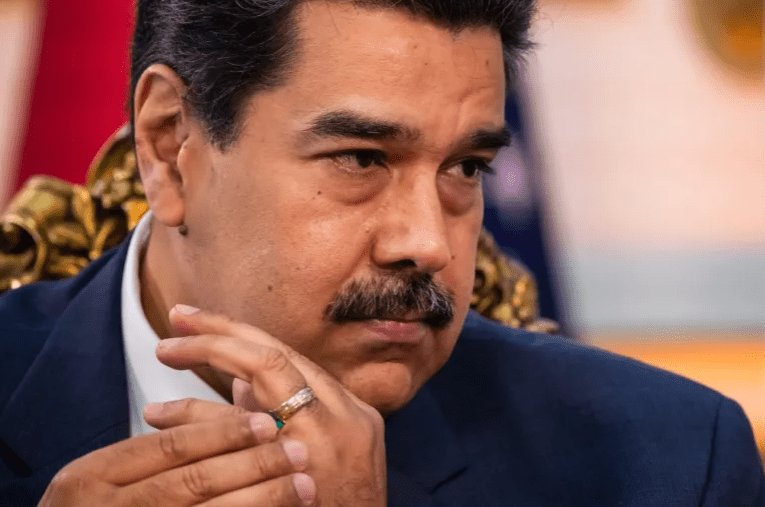Juan González, the National Security Council’s senior director for the Western Hemisphere, is set to resign in mid-March 2024, signaling a potential shift in U.S. policy towards Venezuela. González’s departure comes amidst growing disillusionment with Venezuelan President Nicolás Maduro’s leadership, as detailed in a scathing analysis by Americas Market Intelligence (AMI).
AMI’s “Good, Bad & Ugly” report for 2024 categorizes Venezuela under the ‘Ugly’ section, highlighting the failed promise of a deal between the two nations that had eased sanctions on the Bolivarian Republic. Initially hailed as a potential boon for Venezuela, the agreement would have seen the country gain US$500 million in monthly profits from legal oil exports to the U.S., a stark contrast to the heavy discounts incurred through black market sales. Moreover, the deal held the promise of easing sanctions on corrupt Venezuelan officials and restoring the reputations of senior Caracas figures whose assets remain trapped in the United States.
“Maduro has squandered any and all goodwill afforded him by the Americans. He has proven equally naïve in his assessment of the willpower of the Biden administration to reverse its sanctions lifting, thinking that cheaper gas prices and an election year of distractions would outweigh the need to hold Venezuela to its end of the bargain,” AMI’s report outlined.
However, Maduro’s mismanagement and miscalculations have dashed any hopes of reconciliation with the U.S. According to AMI, Maduro’s misguided belief in the Biden administration’s willingness to overlook his administration’s transgressions, coupled with an underestimation of the political sway of Venezuelan diaspora voters in key states like Florida, has led to a souring of relations.
The report underscores the political significance of Venezuela in the context of U.S. elections, particularly in swing states like Florida. While many Venezuelan refugees in the U.S. cannot vote, their plight resonates deeply with other diaspora voters who fled autocratic regimes in nations like Cuba, El Salvador, and Nicaragua, as well as those affected by civil conflicts like Colombia and Peru. The failure to grasp this political reality contributed to Biden’s loss in Florida in 2020, an error that may now prompt a reevaluation of U.S. policy towards Maduro’s regime.
As González prepares to depart, analysts speculate that the Biden administration may abandon the controversial Barbados Accord, signaling a potential shift away from diplomatic overtures towards Venezuela under Maduro’s leadership.
Jagdeo not surprised Venezuela violated Barbados agreement | OilNOW
The Barbados Accord outlined requirements for free and fair elections in the South American country. The hope was for a democratic process with Maduro having an opponent for the presidency. In return, the U.S. eased sanctions on Venezuela’s oil and gold sectors, helping Caracas begin to pull itself out of a years-long economic slump. But Maduro did not keep his word. Venezuela’s High Court upheld a June 2023 ban on opposition presidential candidates, including leading contender Maria Corina Machado. Machado won the U.S.-backed opposition primary in October 2023. Her support for U.S. sanctions against Maduro and his administration was said to have irked him. And on Jan. 31, the U.S. reimposed sanctions on Venezuela.




